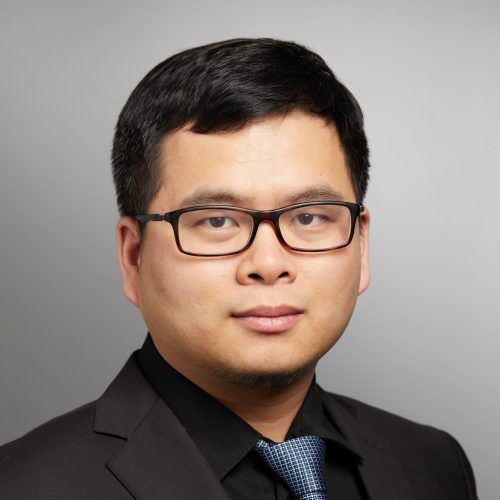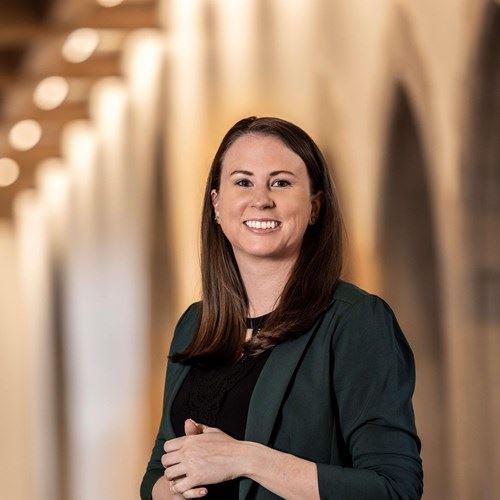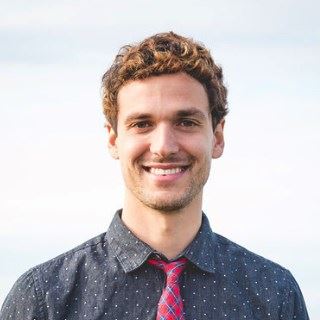The HUPO Early Career Researcher (ECR) Initiative would like to extend a big thank you to everyone who entered the ECR Manuscript Competition. The competition was fierce! We would like to further congratulate our three finalists, Dr. Yangsheng Liu (Yale University, USA), Dr. Stacey Malaker (Yale University, USA), and Dr. Mehdi Bouhaddou (University of California, San Francisco, USA), who will be presenting their research in a dedicated session at HUPO ReCONNECT 2021 on November 17th at 23:00 (UTC). Learn more about our finalists below.

Dr. Yansheng Liu received his Ph.D. in Biomedical Sciences from the Institute of Biochemistry and Cell Biology, Chinese Academy of Sciences in 2011. He then completed a 6.5-year post-doctoral training in the laboratory of Dr. Ruedi Aebersold at ETH Zurich, Switzerland. In December 2017, he joined the faculty at the Yale Cancer Biology Institute and the Department of Pharmacology at Yale. His research group at Yale aims to contribute to the development of multiplexed, high-throughput data-independent acquisition mass spectrometry (DIA-MS) technique and other proteomic methods, as well as their applications in protein turnover, cancer aneuploidy, and cancer signaling transduction. Dr. Liu has co-authored 55 publications with a total citation of 4,500 times. Dr. Liu has received the 2021 ASMS research award. He serves as an editorial board member of Proteomics and Proteomics-Clinical Applications, a scientific advisory board member for Review Commons, and a member of the HUPO Awards Committee.

Dr. Stacey Malaker is an Assistant Professor in the Department of Chemistry at Yale University. Her laboratory is focused on establishing methods and technology to study mucins, a class of densely O-glycosylated extracellular proteins, by MS. Additionally, the laboratory studies mucins in a biological context, since these proteins play integral, yet poorly understood, roles in numerous diseases. Prior to her appointment at Yale, she received her B.S. from the University of Michigan in Biochemistry and Anthropology-Zoology. Dr. Malaker then went on to receive her PhD in Chemistry from the University of Virginia in the laboratory of Professor Donald Hunt. She continued to investigate the role of aberrant glycosylation in cancer as an NIH postdoctoral fellow in Professor Carolyn Bertozzi’s laboratory at Stanford University before starting at Yale in 2021.

Dr. Mehdi (“Meh-Di”) Bouhaddou acquired his bachelor’s degree from the University of California, Berkeley and his PhD in Biomedical Sciences at the Mount Sinai School of Medicine. He is currently a National Cancer Institute postdoctoral fellow at the University of California, San Francisco (UCSF) advised by Dr. Nevan Krogan. Using both experimental and computational approaches, Mehdi specializes in integrating large biological datasets to understand how diseases, and potential therapies, can rewire cellular signaling. During his PhD, Mehdi developed mechanistic mathematical models of cancer signaling pathways, depicting their dynamical behavior in response to anti-cancer agents. He has since repurposed his skills in bioinformatics and molecular biology to study SARS-CoV-2 and other respiratory viruses of pandemic potential, with a specific focus on studying the functional effects of viral and host post-translational modifications (phosphorylation) that occur during infection.


.png)